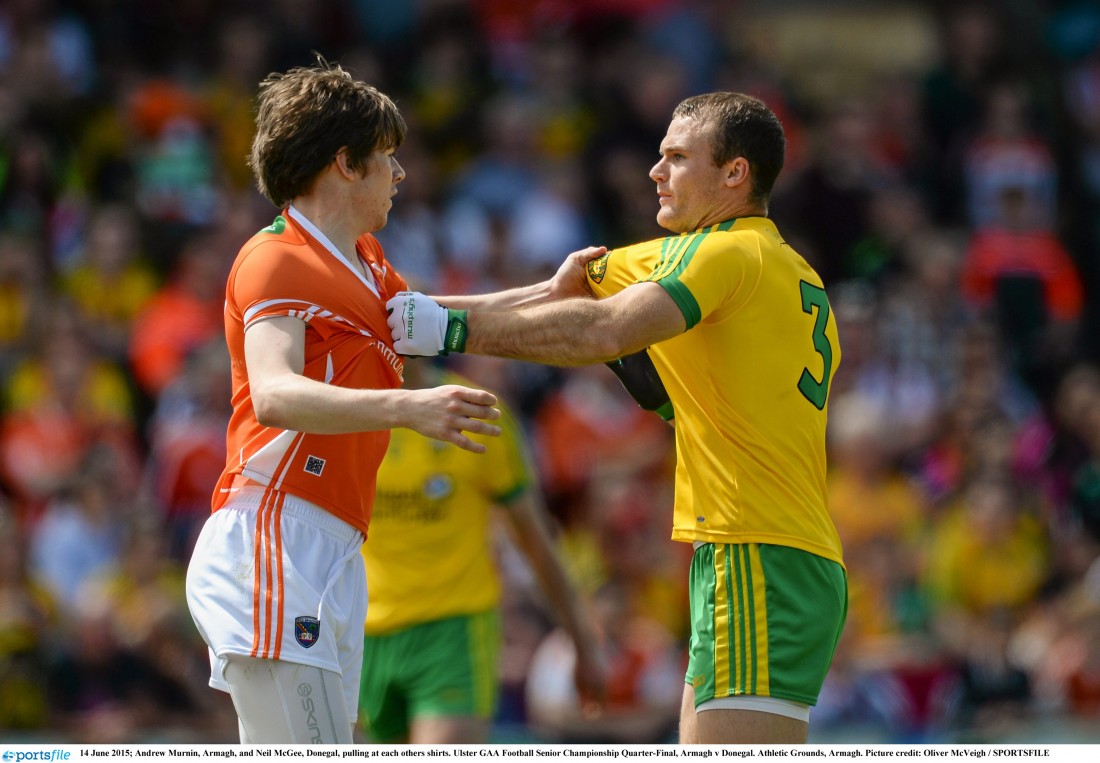A FEW weeks ago, when the current crisis was in its infancy, I started my column referring to the fact that ‘unprecedented’ had become the most frequently used word in the English language.
Whilst the word remains prevalent, it has now been superseded by the word ‘uncertainty’. We now find ourselves not really knowing what is ahead of us in society let alone in sport.
There does remain a degree of optimism that we will see some action this year, but I believe that the truth is nobody knows at this stage and all suggestions are mere speculation. Governments and their scientific advisors, thank God for the latter, are looking at all options to try and negotiate the safest way out of the lockdown in an attempt to introduce some degree of normality whilst at the same time balancing the risks to public health.
As it stands, I don’t think any decisions regarding what will happen on the hurling field this year will sit solely with the GAA. The governments, both north and south, will dictate what is possible and we can only hope that they are consistent in their approach.
That uncertainty makes an already difficult position even more difficult for managers and players across the country. How do you prepare? What are you preparing for? How do you keep motivated? These are just some of the dilemmas currently being faced.
Players are, by their very nature, competitive animals. That is why they play the game. They are motivated by a desire to achieve something and work towards an end goal that is generally the championship.
Others may train to lose weight, run a 5K, or just to improve their physical and mental well-being. Hurlers train to play the game and when they do not know when that might happen, it is extremely hard to maintain focus and stay motivated. There are only so many different ways you can strike a ball off a wall.
Obviously in this technological age, managers are finding innovative ways to stay in touch and to set and monitor programmes in order to keep everyone on message. But to my mind, technology is a poor substitute for genuine face-to-face social contact.
Much of the motivation for players is fuelled by the banter and camaraderie of the changing room. I know personally in both my work and social life I am already suffering from Zoom fatigue, but it would be so much more tolerable if we knew when the end game might be.
If players knew for certain that there would definitely be action over the summer, then maintaining some sort of discipline in their preparation would be easy enough. Without that certainty there is a danger of minds beginning to wander, motivation levels dropping, and the sense of purpose associated with achieving a desirable goal rapidly dwindling.
I am generally an optimist in life, and I do like to think we will see some action this year. For our sanity it is better to think that way. However, I am also a realist and I am struggling to see how there will be a ball struck in the foreseeable future.
The government in the south have been very clear that gatherings of more than 5000 people are ruled out until September, which effectively rules out the All-Ireland series before then.
Interestingly the GAA have yet to say that officially but they must know it will not be possible to play big championship games in the summer on that basis. It has resulted in talk of games being played behind closed doors or club action getting the go ahead, but whilst that may seem enticing the government have also said that social distancing will be part of our lives for some time to come.
Just how that can be managed in a contact sport where “touch-tight” is the frequently quoted instruction to defenders I am not sure. I am also at a loss to understand how distancing can be maintained in changing rooms where very often you can’t turn a sweet in your mouth let alone accommodate the recommended two metres distance between everyone.
I am sure all of these practicalities are being discussed at the highest level between government and sporting bodies who are desperate to get their respective sports back in action.
Sport is far from immune to the financial impact of the lockdown and whilst the GAA is amateur in nature, it can ill afford to lose the estimated 60 million Euro generated by the inter-county championships.
I have every confidence though that the decision will not be made on financial grounds, a consideration that should never override the health and well-being of our society.
Sport and hurling will be there on the other side of the crisis but if the government and the Association get it wrong and rush back to action, it is not over-stating it to say that some of our loved ones may not.
I, like many others, am missing hurling but not so much that I want to see it return at any cost.
I recently watched an eminent virologist state categorically that science will beat the virus, he just could not say when. So, if we continue to follow the science, which is our best hope, we will need to get used to uncertainty around a confirmed return to action.
comment@gaeliclife.com
Receive quality journalism wherever you are, on any device. Keep up to date from the comfort of your own home with a digital subscription.
Any time | Any place | Anywhere












